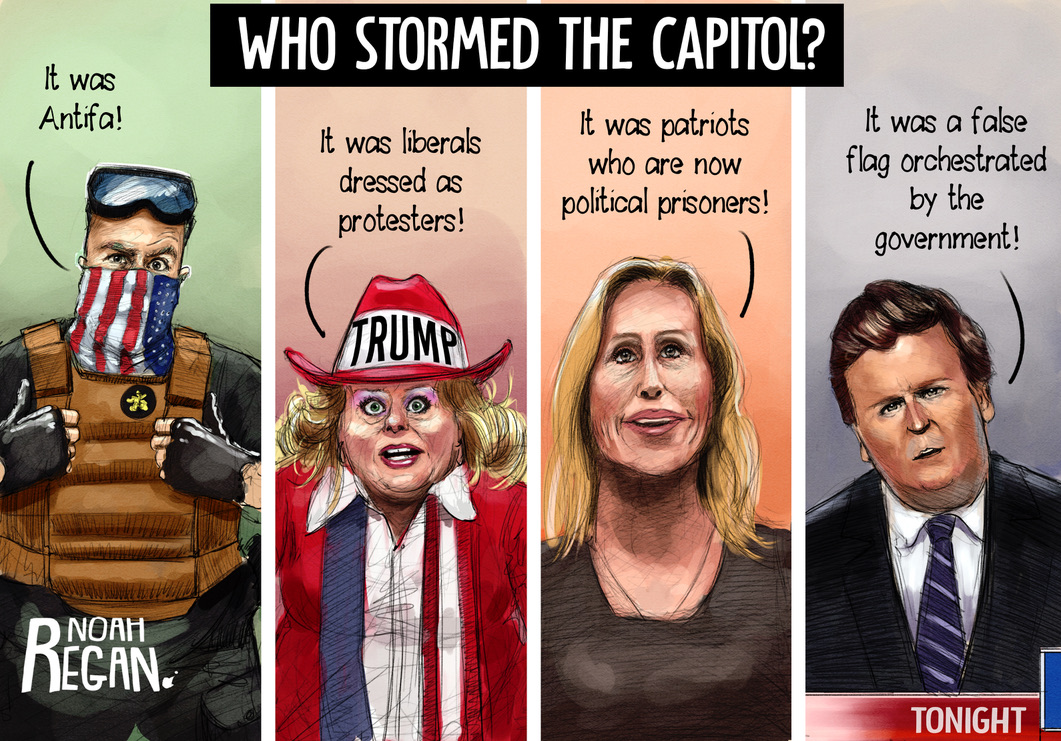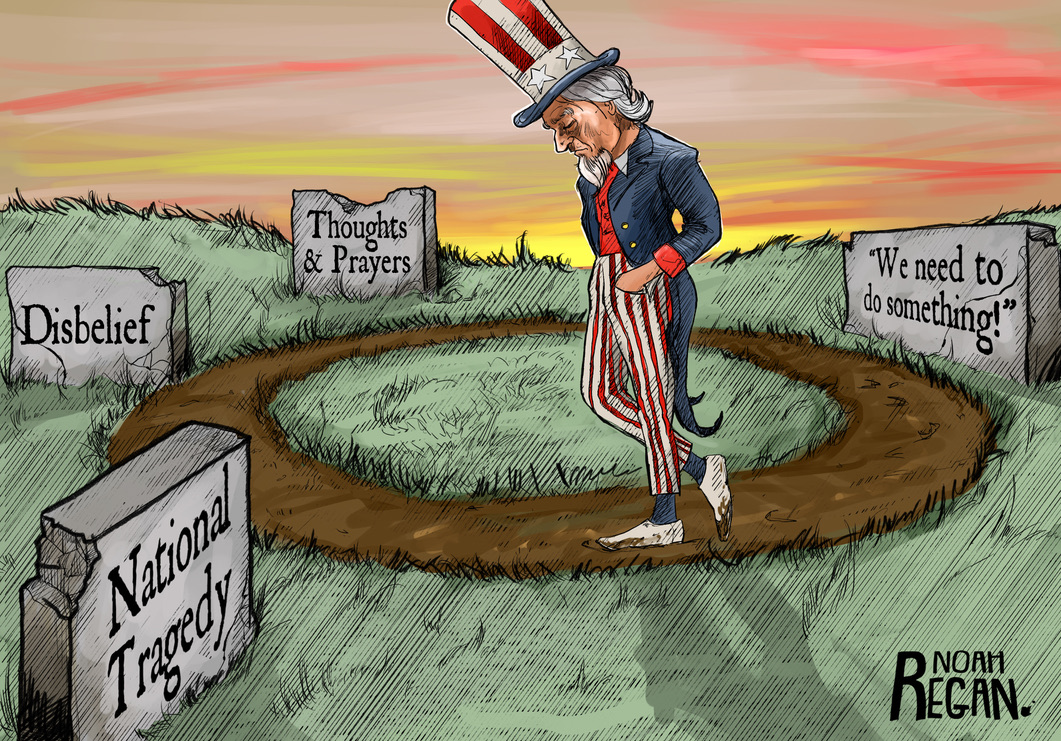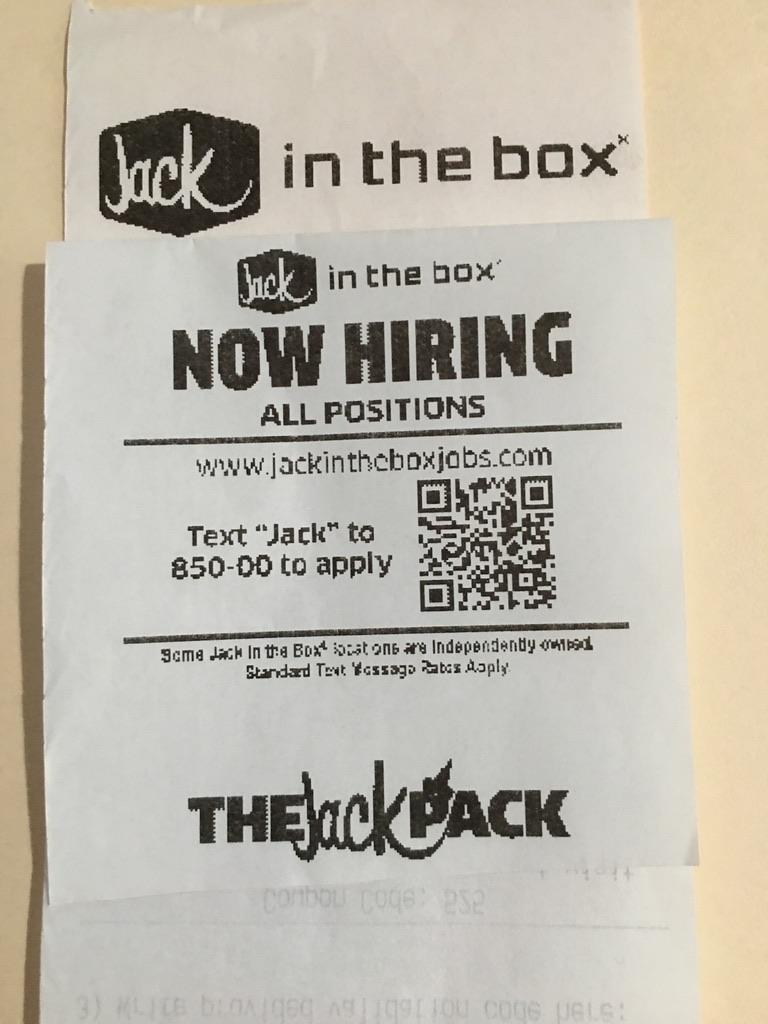The Employment Challenge
From CEO Bill Burke’s May 2022 report to his team at Day Air Credit Union, Dayton, Ohio. The opening comment:
Best Place to Work
“It’s a crazy employment market out there right now. A fair number of companies (mostly in the service industry) have increased their minimum wage. This is being done to recognize that inflation has taken hold (no one uses the word “transitory” anymore) and we’re reminded of that inflation every time we fill our fuel tanks or go grocery shopping.
“As a Best Place to Work, we try to have a firm finger on the pulse of the economic environment. Last fall we adjusted the grade level of 24 positions throughout the organization upward, 20 by one grade and four by two grades. We’re carefully reviewing all grades again – don’t be surprised to see a big announcement of another revision of some salary grades as we respond quickly to the inflationary environment we find ourselves in.
“What some people are not seeing in the news is how many companies are laying off staff. A fair number of direct competitors in our market, mostly in the mortgage arena, are laying off people because mortgage volume is decreasing. A hallmark of a Best Place to Work is not worrying about layoffs.
“Unlike some area banks and credit unions, Day Air Credit Union has never laid off an associate. How many companies have adjusted salaries upward each and every year? Another indication of being a Best Place to Work.
“While we have every intent of continuing these practices – never any layoffs and always an annual salary increase – we can never say never. There are no guarantees for the future; but we can celebrate the great track record of the past and be very confident that it will continue.
“What has to happen to ensure that Day Air remains a Best Place to Work? The Credit Union will continue its culture: a good workplace environment, promotion from within, recognizing a job well done, growing the gain-share plan, providing opportunities for advancement, offering a robust array of benefits, having fair policies and processes–doing what we’ve always done.
“Each associate will continue living the mission by: being purpose-driven, engaging members, providing solutions to their financial needs, increasing our share of the member household wallet, and above all act in accordance with our core values: integrity, compassion, engagement and empowerment.
Thank you for making Day Air a Best Place to Work.”
*********************************
Members Left Out of Merger
A reader responds to the Cap Com merger with State Employees (June 1 blog) and NCUA’s role:
“A comment from a management person at one of our credit unions this morning to one of our field reps: “Our member’s don’t know it yet, but we will be merging with XYZ credit union in the fall.”
“A sad testimony to how seriously the member vote, and the member’s will, is taken. NCUA knows about the pending merger, but no one has yet cued in the members.”
**************************************
Three Credit Unions In a World Alliance
Two New Members Join the Global Alliance for Banking Values
The GABV has welcomed two new members to the network: vdk bank, based in Ghent, Belgium, and Australian Mutual Bank, which operates in the state of New South Wales, Australia.
The GABV’s ever-growing network has now reached a total of 67 members from 44 countries that share a common goal to transform finance for good. Meet them
The three US credit union members are Clearwater CU (Montana), Verity CU (Washington), Vermont State Employees (proposing to merge) plus the National Cooperative Bank (Virginia).
The Global Alliance for Banking on Values (GABV) is a network of independent banks and banking cooperatives with a shared mission to use finance to deliver sustainable economic, social, and environmental development.
Founded in 2009, the GABV comprises 67 financial institutions operating in 44 countries across Asia-Pacific, Africa, Latin America, North America and Europe. It serves more than 60 million customers collectively, holds over USD 200 billion of combined assets under management, and employs 80,000 co-workers.
*******************************
Inflation and Recycling
From Rensselaer, IN where I will attend my 60th high school reunion on June 11. (rensselaeradventures.blogspot.com )
“I took in some aluminum cans last week and was surprised that the price the scrap yard was paying was 70¢ a pound. I have never seen it that high. It takes 30 to 35 cans to equal a pound, so the scrap value of an empty can is about 2¢.
“That takes me back to my boyhood when an empty pop or beer bottle could be returned for 2¢. Back then most pop and beer came in bottles that were returned and reused. We did not find many because back then a postage stamp for a letter was 3¢ and a candy bar was 5¢; most people kept their empties.”
It reminds me of the summers my brother and sisters would go to the corn fields to pick up corn ears the automated pickers had missed. We earned $1 per gunny sack full of corn.















